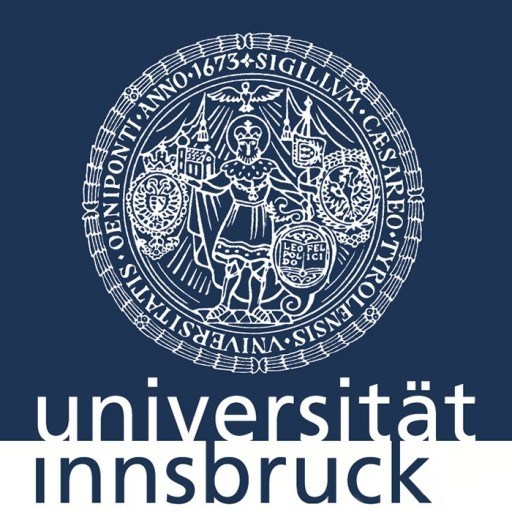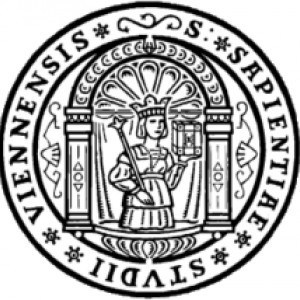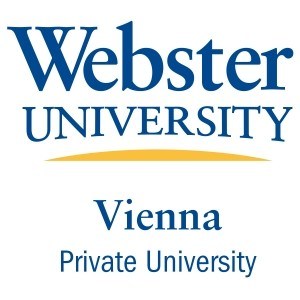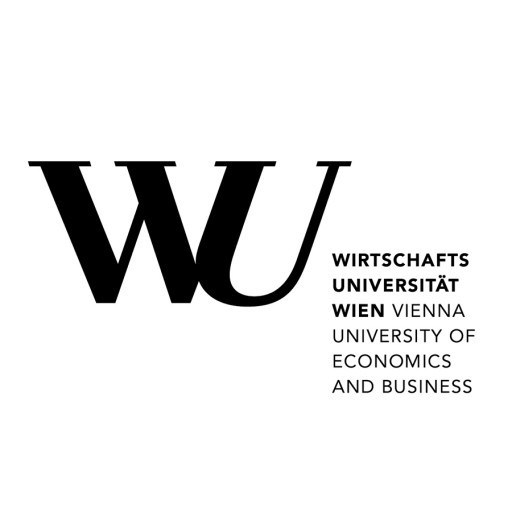Photos of university / #uniinnsbruck
The Bachelor’s degree program in Applied Economics at the University of Innsbruck is designed to provide students with a comprehensive understanding of economic principles, analytical tools, and practical skills necessary to address complex economic issues in various sectors. The program combines theoretical foundations with applied approaches, enabling graduates to analyze economic problems, develop sustainable solutions, and contribute effectively to policymaking, business strategy, and research. Throughout the course of study, students will explore core areas such as microeconomics, macroeconomics, econometrics, and economic policy, complemented by specialized modules in areas like international economics, environmental economics, and development economics. Emphasis is placed on developing quantitative and qualitative research skills, data analysis techniques, and critical thinking abilities that are vital in today’s data-driven economic environment. The curriculum also integrates practical experiences through case studies, project work, and internships, thereby preparing students for the challenges of the labor market and fostering an entrepreneurial mindset. The program is delivered by experienced faculty members who are active researchers and practitioners in their respective fields, ensuring that students receive an education aligned with current economic trends and societal needs. Graduates of this program will be equipped to pursue careers in public administration, financial institutions, consultancy firms, international organizations, and academia. The University of Innsbruck’s Applied Economics program emphasizes a hands-on learning approach, stressing the importance of ethical considerations, social responsibility, and sustainability in economic decision-making. Moreover, the program promotes international cooperation and offers opportunities for exchange semesters, enabling students to gain global perspectives. Overall, the Bachelor’s in Applied Economics at the University of Innsbruck prepares students to become thoughtful, analytical, and innovative economists capable of contributing meaningfully to economic development and policy formulation in Austria and beyond.
Core courses
- Mathematics
- Microeconomics
- Game Theory
- Macroeconomics
- Econometrics
- Master’s thesis and defense
Choose 4 of the 14 optional modules mentioned in the following
- Public Economics
- Environmental Economics
- Industrial Economics
- Experimental Economics and Behavioral Economics
- International Economics
- Open Economy Macroeconomics
- Institutional Economics
- Microeconometrics
- Time Series Analysis
- Economic and Social History
- Regional Economics
- Advanced Regression Analysis
- Gender and Economics
- Foundations of Empirical Finance
Requirements
- Completed a bachelor's degree in a relevant related field.
- Transcript of records including number of ECTS-Credits completed,
- Curriculum vitae,
- Proof of German language ability (level B2)
as well as (originals or officially certified copies):
- Notice (“Bescheid”) confirming awarding of bachelor’s degree,
- Diploma certificate,
- Examination certificate,
- Diploma Supplement
- Transcript (list of examinations completed).
The financing of the Applied Economics program at the University of Innsbruck is primarily supported through a combination of tuition fees, government funding, and additional financial aid options. As an Austrian public university, the University of Innsbruck benefits from subsidies provided by the Austrian government, which significantly reduces the overall tuition costs for both domestic and international students. Tuition fees in Austria are relatively moderate compared to other European countries, making higher education more accessible. For EU/EEA students, the tuition fee for the Applied Economics program is generally low or waived, depending on the specific regulations in place at the time of enrollment. Non-EU students may be required to pay higher fees, which can vary; however, special scholarships or financial aid options are sometimes available to them.
Students are encouraged to explore various scholarship programs offered by the university, including merit-based scholarships, need-based grants, and specific funding opportunities for international students. The university also collaborates with governmental and non-governmental organizations to support students financially through research grants, traineeships, and part-time employment opportunities. International students enrolled in the Applied Economics program can benefit from the university's career services, which provide guidance on internships and part-time jobs, thereby enabling students to offset their living expenses and reduce financial barriers.
Furthermore, students may have access to student loan programs provided by Austrian financial institutions, subject to eligibility criteria. The university's administrative office provides detailed guidance on application procedures for financial aid, scholarships, and loans, which are designed to make the program financially sustainable for students. Many students also fund their studies through personal savings, family support, or external funding agencies. The overall financial structure of the Applied Economics program at the University of Innsbruck is designed to promote access and equity, ensuring that qualified students can pursue their studies without undue financial hardship.
The Master’s Programme in Applied Economics at the University of Innsbruck offers students an in-depth understanding of economic theory and its practical applications. This program is designed to prepare graduates for diverse careers in the public and private sectors, including policymaking, consultancy, research, and international organizations. The curriculum emphasizes both fundamental economic principles and advanced analytical skills, enabling students to interpret complex economic issues and develop effective solutions. Throughout the program, students gain proficiency in quantitative methods, econometrics, and data analysis, which are essential tools in the modern economic landscape. The courses are taught by experienced faculty members who conduct cutting-edge research and are committed to applying their knowledge in real-world contexts. The program also includes opportunities for internships, workshops, and collaborations with industry, providing students with valuable practical experience and networks. The Master’s in Applied Economics is designed to be flexible, allowing students to tailor their studies according to their interests, whether in areas like development economics, environmental economics, or economic policy. The university's location in Innsbruck offers a unique setting for studying economics, with proximity to international organizations and economic hubs in Central Europe. Graduates of this program typically pursue careers in economic analysis, consulting firms, governmental agencies, or continue their education in doctoral programs. The program aims to equip students with a comprehensive set of skills, analytical tools, and practical experiences necessary to address economic challenges in a globalized world. As part of the degree, students also develop critical thinking, communication, and teamwork skills, which are highly valued in their professional careers. Overall, the Master’s in Applied Economics at the University of Innsbruck is a rigorous and comprehensive program designed to foster the next generation of economic experts capable of making meaningful contributions to society and the economy.



